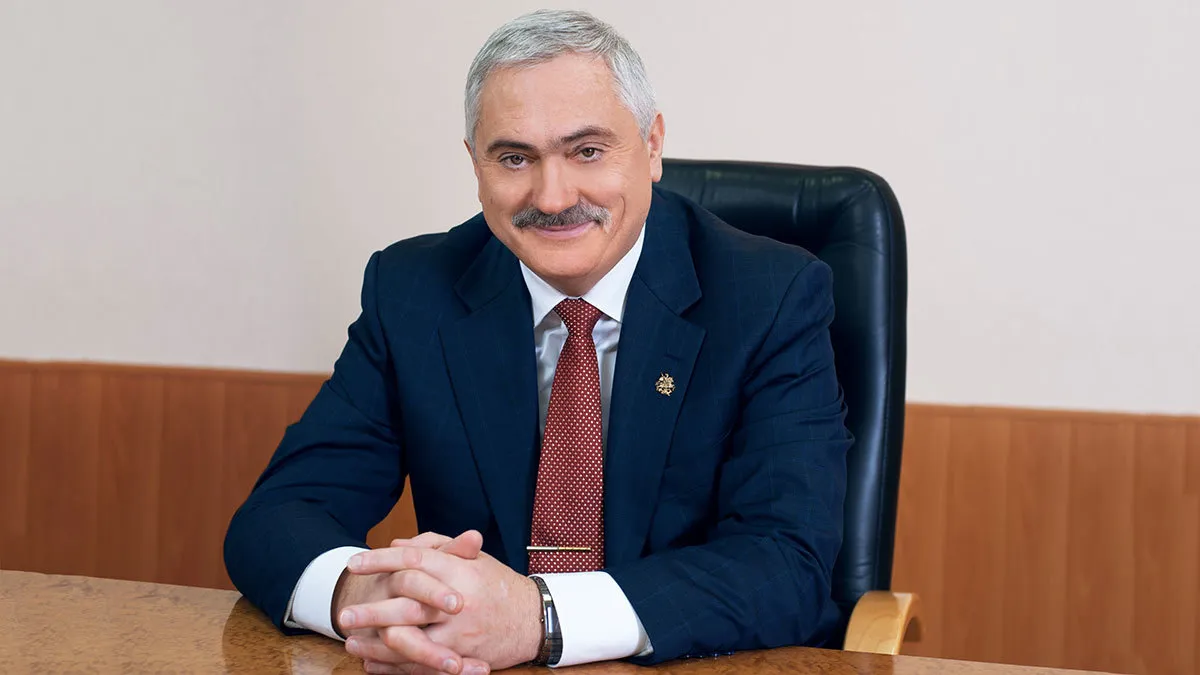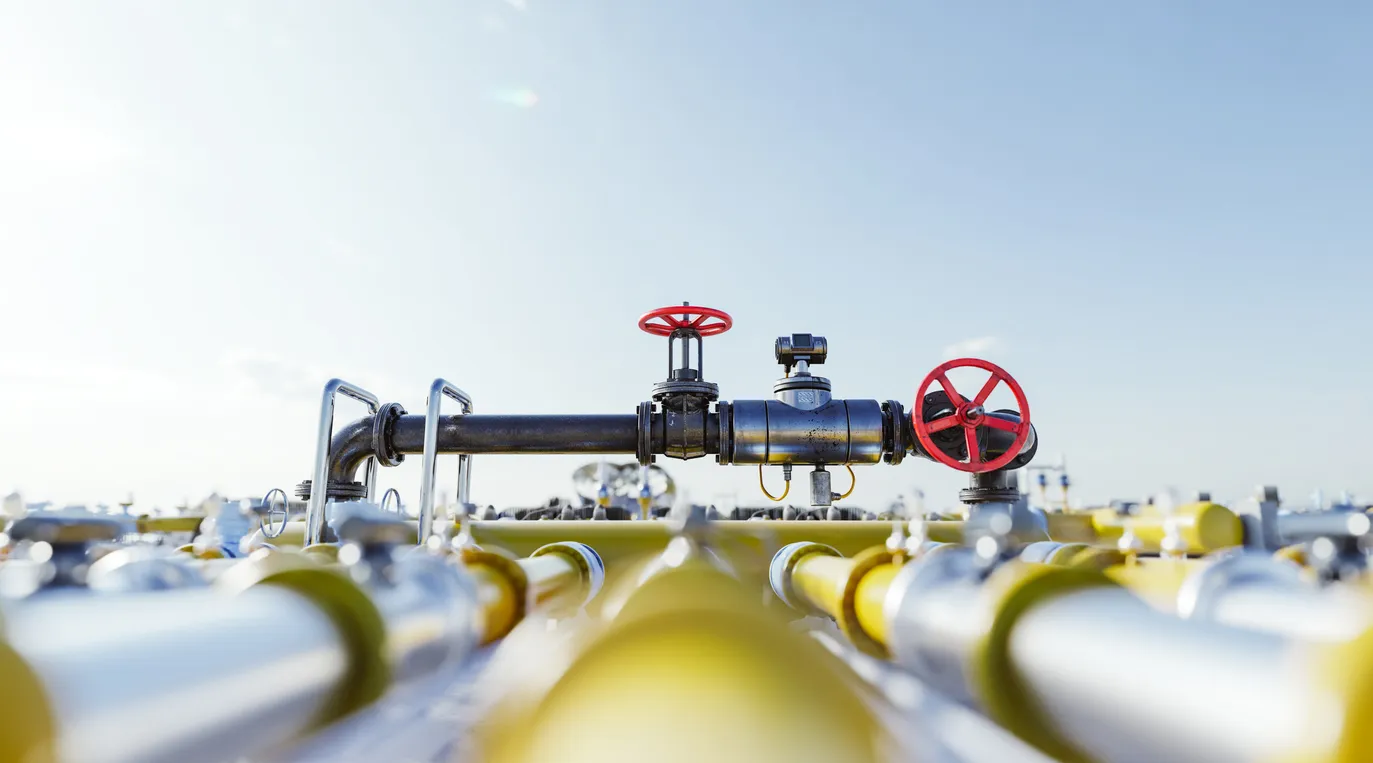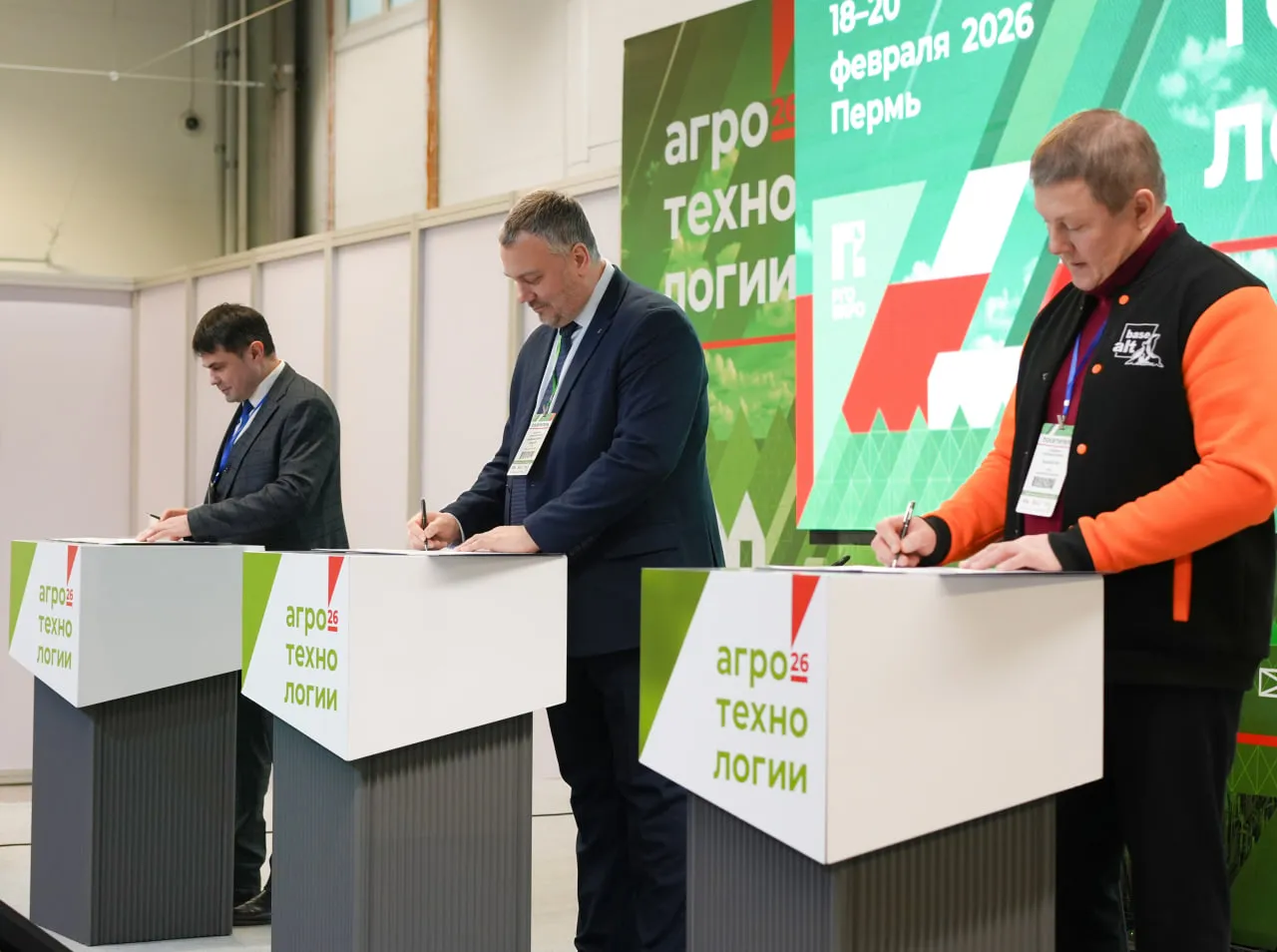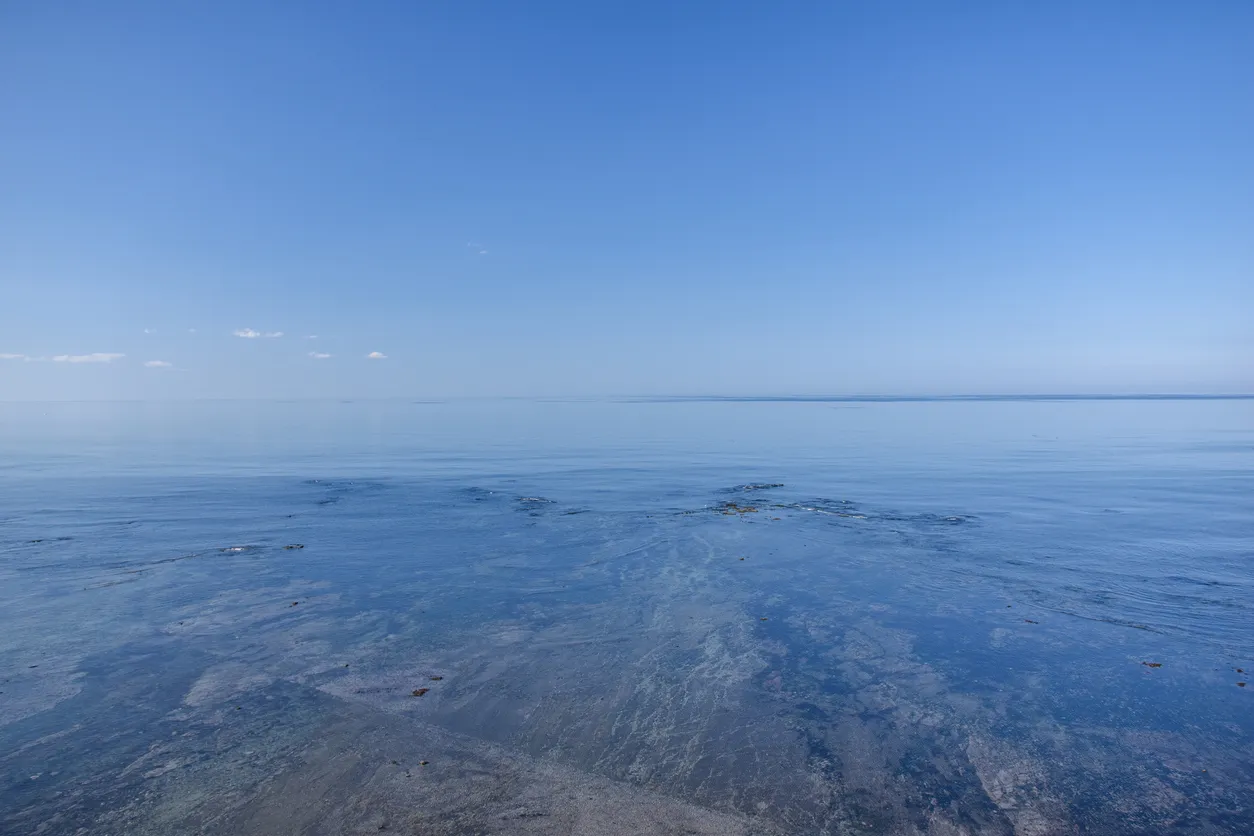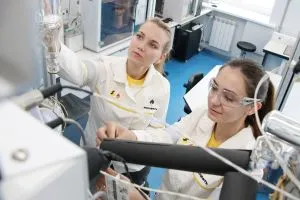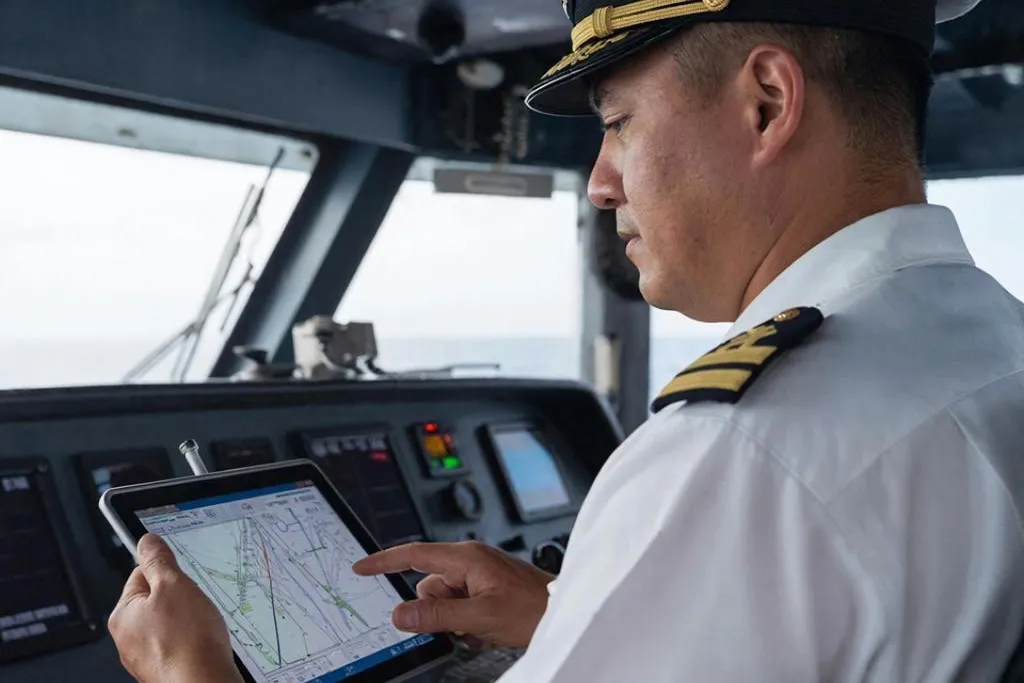Gateway to Africa: Russian Oil and Gas Technologies Enter the Red Sea
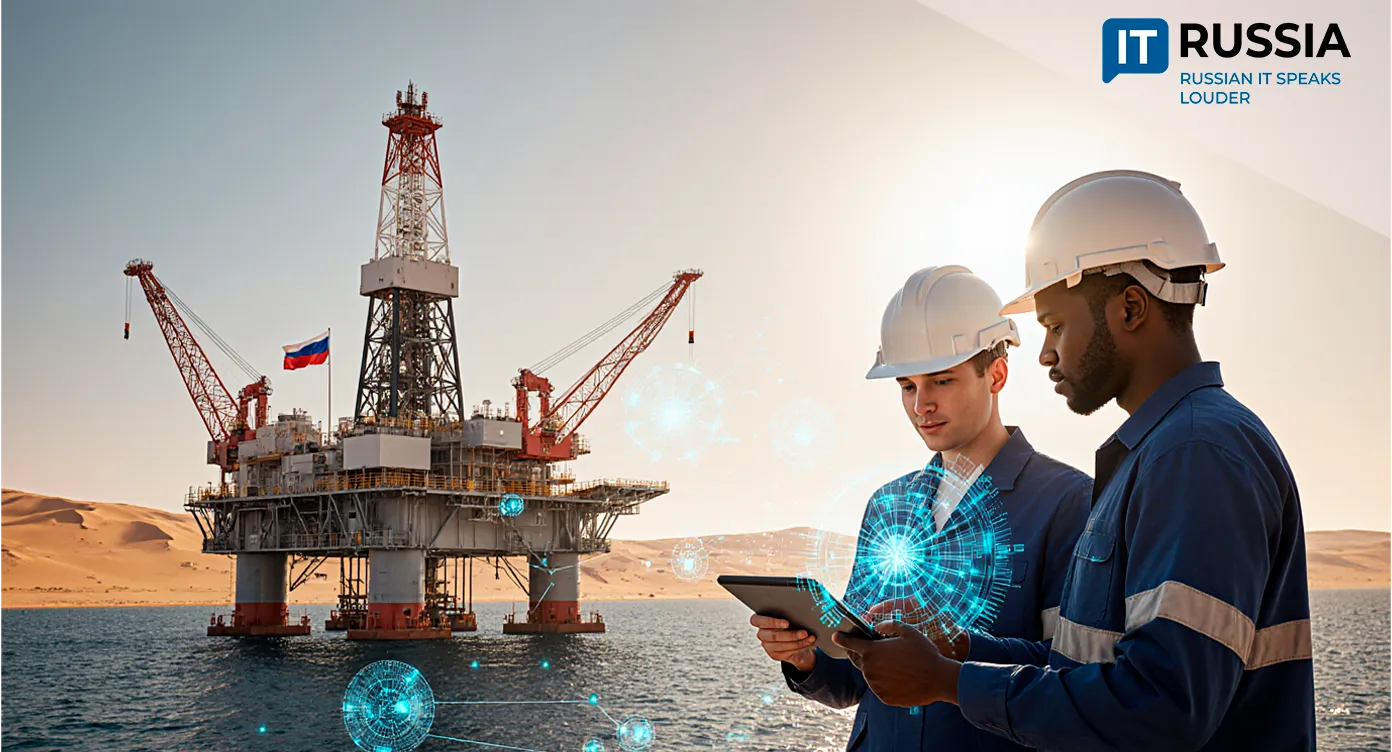
Russia is preparing to export its expertise in oil and gas exploration and IT-driven mining solutions to Africa, with Sudan signaling strong interest in deploying Russian technologies for developing the hydrocarbon potential of the Red Sea shelf.
Sudan’s Offshore Challenge
For most people, the Red Sea is a tourist haven. For geologists and oil and gas developers, it represents one of the world’s untapped hydrocarbon reserves—rich but technically challenging to exploit. Sudan, which controls part of these resources, faces classic barriers: lack of advanced technology, skilled personnel, and experience operating in complex marine conditions.
Here, Russian companies and universities see opportunity. Decades of work in the harsh Arctic seas and on high-tech domestic fields have prepared Russia for precisely such environments. Sudanese partners are looking for a wide range of solutions:
- Advanced geological exploration, including digital subsurface modeling, seismic data analytics based on big data, and predictive systems.
- IT in drilling and production, such as process automation, dispatching systems, predictive analytics for equipment, and digital twins of fields.
- Offshore engineering technologies, including platform design, subsea extraction, and ecological monitoring.
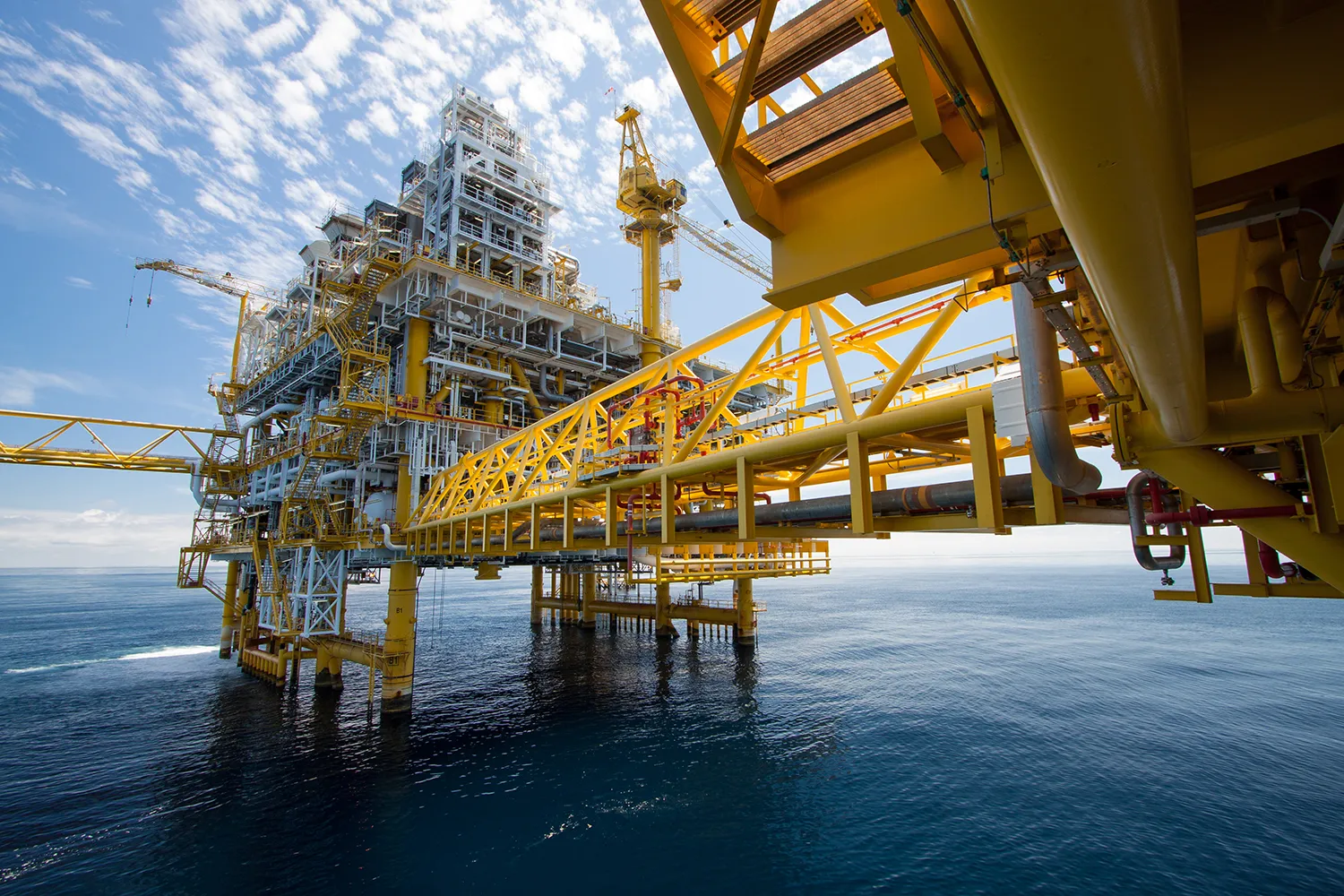
For Sudan, this means faster and more efficient development of offshore resources. For Russia, it opens a new export channel—not raw hydrocarbons, but high-tech solutions.
Beyond the Red Sea: Expanding Russia’s Export Portfolio
A successful Russian case in Sudan could set a precedent across Africa and the Middle East, where many nations are exploring offshore reserves. This shift aligns with Russia’s broader goal: diversifying exports, increasing non-commodity revenues, and strengthening its position in high-tech global markets.
Real international projects also stimulate domestic R&D. Demands from Sudan will drive new algorithms, software suites, and engineering solutions inside Russia, reinforcing scientific sovereignty. The involvement of Gubkin Russian State University of Oil and Gas is a key element, potentially leading to joint educational programs, Sudanese student internships in Russia, and Russian specialists gaining experience in new geological conditions.
Financing opportunities are equally important. Large-scale exploratory and technological projects mean more funding for science, new jobs, and sectoral growth.
Building on Regional Foundations
Sudan’s growing interest is not happening in isolation. In 2023–2024, Russia and Sudan actively discussed energy cooperation, including hydrocarbon supplies and equipment exports. Meanwhile, Russian technologies are already making strides in Africa through large-scale projects such as Rosatom’s El Dabaa nuclear power plant in Egypt—the region’s first Generation III+ reactors, scheduled for launch in 2028.

Russian engineering firms like Power Machines have also been active in Africa, including modernization of Sudanese hydropower plants. Education is another long-term export: Gubkin University and other leading Russian technical schools have for decades trained specialists from Vietnam, India, and CIS states, and now apply that experience to African markets.
From Memorandums to Platforms
Before full-scale 'Russia–Sudan' oil and gas technology chains are in place, smaller pilot projects are expected on the Red Sea shelf, applying Russian IT and exploration solutions.
More immediate steps include signing memorandums, exchanging expert delegations, and launching the first joint educational modules—likely within months.
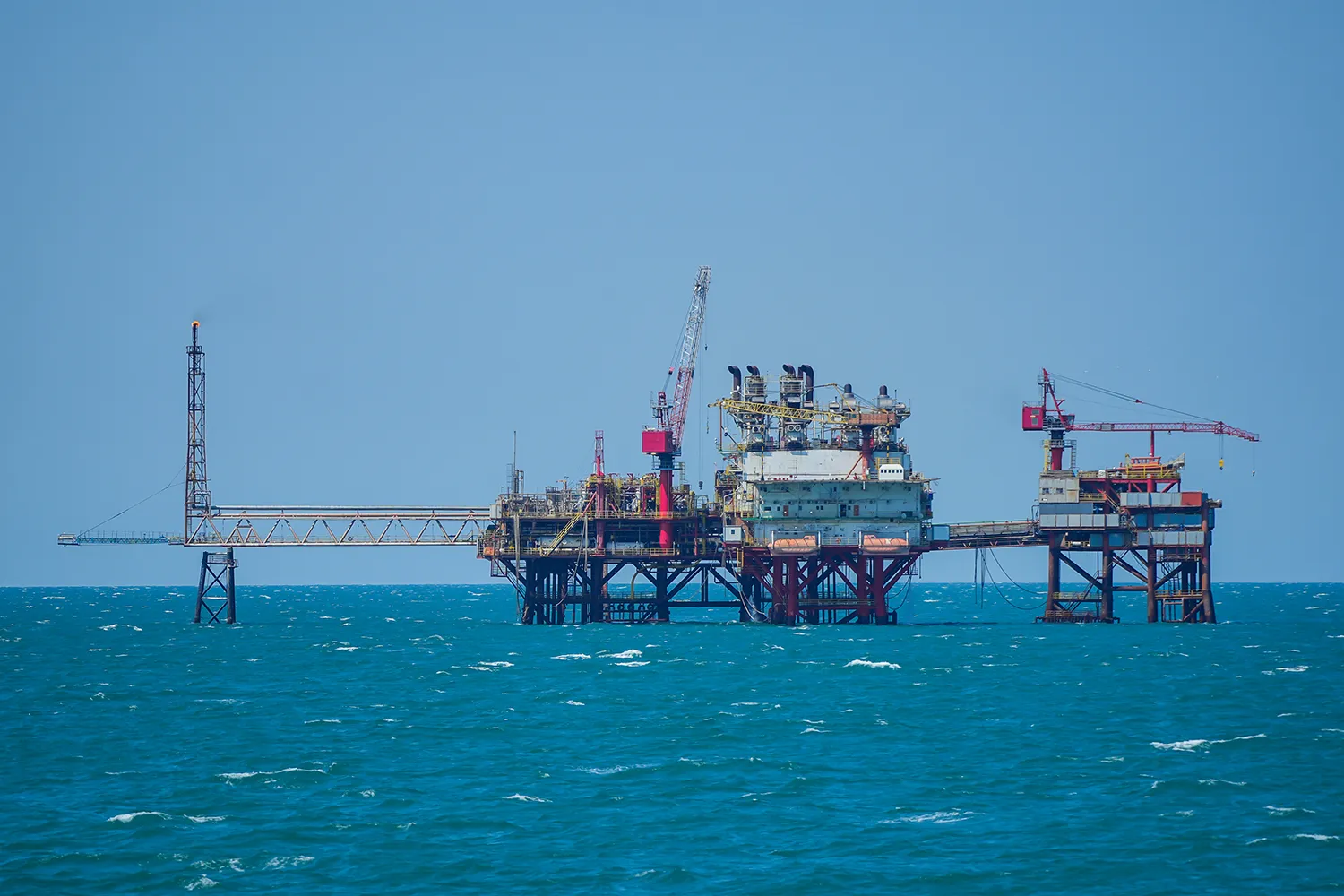
Gradually, Russian IT solutions for the energy sector could evolve into a recognized global brand.


